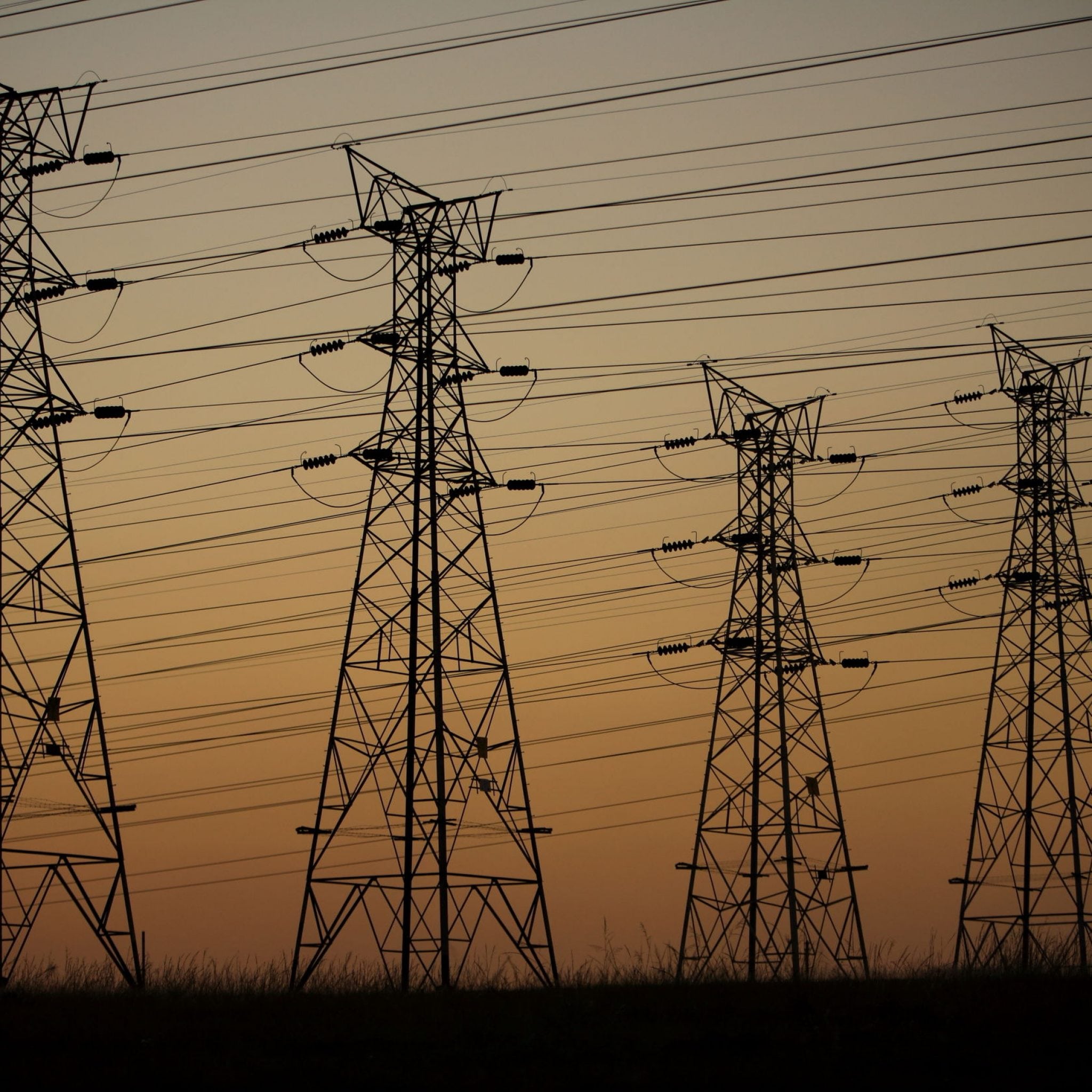Dominion Energy’s Virginia subsidiary has received permission from the Federal Communications Commission to test a private LTE network at 900 MHz.
According to documents filed with the FCC, the power company plans to test private LTE under two scenarios over a two-year period: A rural environment with rugged terrain and an urban environment. The rural scenario will help the company to evaluate the use of private LTE for mobile voice and data for its workforce and for telemetry and automation, backhaul and communications redundancy for substations and whether it can meet operating constraints within the National Radio Quiet Zone (NRQZ) that spans 13,000 square miles in Virginia and West Virginia. In the urban context, Dominion wants to test private LTE as a source of redundant voice and data connectivity, particularly in case of an electro-magnetic pulse attack scenario, as well as evaluate its immunity to noise interference.
This is the second recent request from a utility company seeking to test private LTE; the FCC also granted a request for private LTE testing by the New York Power Authority.
Dominion Energy operates in 20 states and has more than 7 million customers. In Virginia and northeast North Carolina, the company serves about 2.6 million customers and has about 58,000 miles of distribution lines and 6,700 miles of power transmission lines. The company noted that it has made renewable energy commitments in Virginia that include adding up to 1,000 megawatts of solar and offshore wind generation and up to 250 megawatts of energy storage in the state. In particular, Dominion cited its Coastal Virginia Offshore Wind (CVOW) project as the largest offshore wind
development in the country, with a proposed 220 wind turbines that is expected to add more than 2,600 megawatts of wind energy by 2026.
However, Dominion says, high-voltage electric transmission infrastructure is “often located in remote and rural areas that are poorly served by commercial carriers,” and so it wants to test a private LTE system at 900 MHz to see if it can support the company’s current communications needs and the future needs of its local renewable projects and transmission.
Dominion said that it wants to evaluate private LTE to see if it can provide reliable communications for SCADA, redundancy for operational needs, electric transmission sensors and controls, automation and monitoring, mobile voice, push-to-talk and other workforce mobility solutions, as well as potentially supporting the use of drones for aerial inspections.
The energy company also said that it is “hardening key assets to improve security defenses against physical and cyber-attacks, including an electro-magnetic pulse (EMP) event. Key components of a private LTE
network would be integrated into hardened sites to provide a robust communications capability in the event of a Black Sky scenario that would disrupt conventional means of communications.”












/https://specials-images.forbesimg.com/imageserve/5fc7d89f0470e5c7376c816e/0x0.jpg?cropX1=13&cropX2=1264&cropY1=0&cropY2=704)
